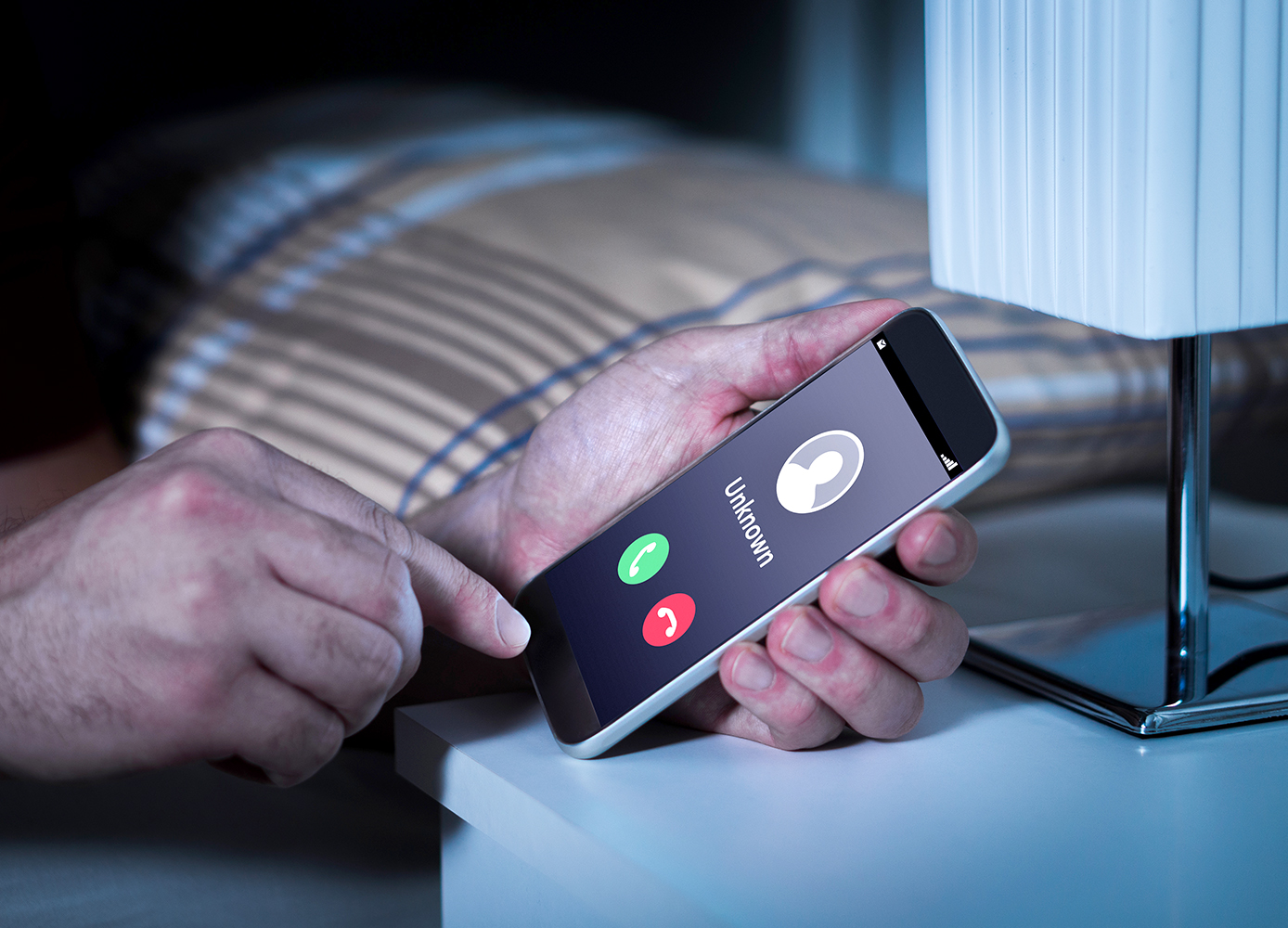You should be getting fewer nuisance calls these days, but the new rules won’t stop them all just yet
By Jennifer Hughes
Photo: iStock/Tero Vesalainen.
Just before Christmas, phone companies across Canada including Rogers and Bell began implementing systems to block scam calls in compliance with new regulations set down by the Canadian Radio-television and Telecommunications Commission (CRTC).
With the new call-blocking system, phone numbers that exceed 15 digits and numbers that cannot be dialed will no longer be able to get through to Canadian phones.
“Canadians need to have the right tools to manage nuisance calls,” the CRTC’s chairperson and CEO, Ian Scott, said in a statement. “With the implementation of a call-blocking system, calls that are malformed will be stopped within the network.”
Some telecommunications companies, such as Telus, are implementing even more advanced call filtering services.
The new measures won’t put an end to all scam calls. The next challenge for the telecoms is spoof calls. Spoof calling happens when scammers make it appear that they’re calling from legitimate phone number when they’re not. The caller ID may read “Canada Revenue Agency,” but there’s a fraudster at the other end of the line. By September 30, 2020, phone companies will be able to let customers know whether the phone calls they receive via their cellphones or voice-over IP systems have been verified. The telecoms also face a March deadline by which they are to implement a way to trace scam calls.
Even all of this won’t prevent all fraudulent calls from getting through, so it’s important to remain. If you receive a call from someone you don’t know who could be a scammer or telemarketer, do not provide any personal information unless you have first verified that their request is legitimate.



